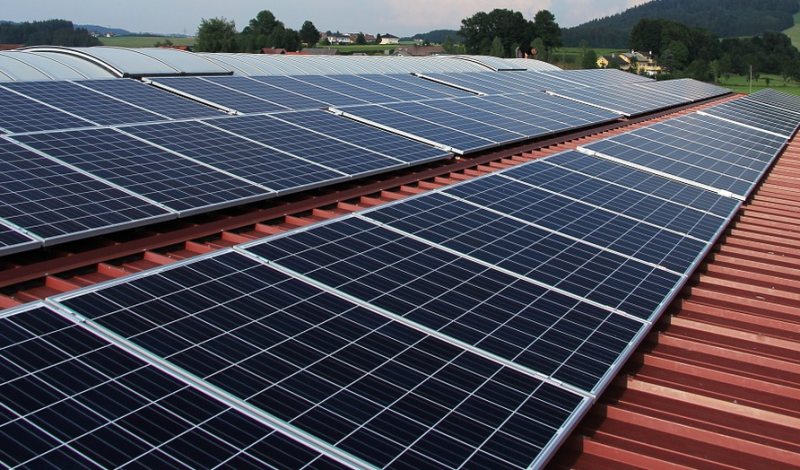
Image: schropferoval
For small businesses considering solar energy, the Federal Government’s instant asset write-off is back in effect and may be worthwhile taking advantage of while it’s still available.
One of the few positives to emerge from Budget 2018-19 with regard to renewables was the extension of a $20,000 instant asset write‑off – which included solar power systems – for businesses with an annual turnover of less than $10 million.
First introduced in the 2015‑16 Budget, it was due to end on June 30 this year. However, the Federal Government announced it was to be extended for a further 12 months to June 30, 2019.
A June post on the ATO’s web site indicates the extension wasn’t yet law at that point, but it seems it passed Parliament a couple of weeks ago.
Good quality commercial solar power systems currently cost around $1,000 – $1,300 per kW installed in Australia and that includes the reduction provided by the nation’s major solar subsidy, which applies to systems below 100kW capacity. Based on that cost range, a system of between 15kW and 20kW capacity could be installed and written off in the first year – but its important businesses check with their tax advisor before racing out and signing contracts for a system.
Solar A Good Fit For Small Business
Unlike households that generally use the most electricity before 9am and after 5pm, many businesses operate between those hours, so solar power is a particularly good fit.
A 20kW commercial solar power system should generate around 80kWh of electricity daily on average over a year. If 100% of that electricity is self-consumed (possible in a commercial scenario), that could represent an electricity bill saving of around $11,300 a year for a business in South Australia operating 7 days a week between the hours of 8am-5pm and based on AGL standard small business retail contract rates.
Installing a system may also help reduce demand charges, particularly during the summer months.
If you’re considering investing in a system for your business, check out our commercial solar guide and Ronald’s hints, tips and tricks for commercial solar power.
The instant asset write-off has now had two extensions and yet another after June 30, 2019 is not assured. While there is a push to make it a permanent arrangement, if that doesn’t eventuate the write-off will drop back to $1,000 on July 1, 2019 and normal depreciation rules apply for items that cost more. The latest guidance (PDF) from the ATO on the “life” of a solar power system for tax purposes is 20 years.

 RSS - Posts
RSS - Posts



Hi,
What classifies as small commercial solar? I run a second business from home as a sole trader under an ABN, would I qualify for this?
Thanks.
Any solar system that is used by a business is eligible. The problem with putting it on your home is that some will be used for non-business purposes. You need to talk with your accountant and estimate what % of the solar benefits accrue to the business – then that % can be written off (I think). Your accountant will confirm.